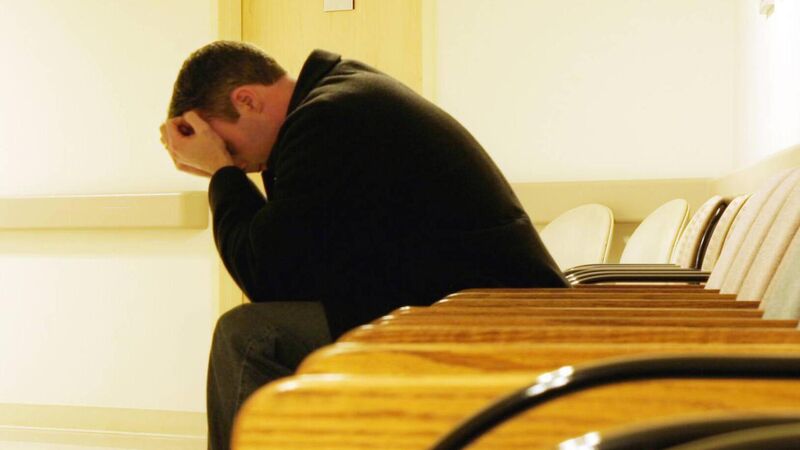Letters to the Editor: Mental Health Bill excludes borderline personality disorders

Junior minister Mary Butler has explained that there are guidelines regarding teenagers with anorexia who cannot consent to treatment, but 'she has not yet elaborated regarding other people who have different mental health difficulties'. Picture: iStock
I wish to point out the flaws of the new Mental Health Bill 2024 that minister of state Mary Butler brought to Seanad Éireann recently.
The first issue I have is the bill allowing 16- and 17-year-olds to consent to mental health treatment. In a sense, it is good when a person is stable and able to make their own decisions, but what guidelines are put in place when people in that specific age group aren’t stable? Are they allowed to then make decisions which can be detrimental to someone’s life?








